With the continuous development of technology, smart home is an essential product in modern life. However, among its many components, the resistor, a seemingly basic component, actually plays a crucial role. This article by 'hnstshop.com/" target="_blank" rel="noopener">Hnstshop Mall' discusses in detail the necessity and role of resistors in smart homes.
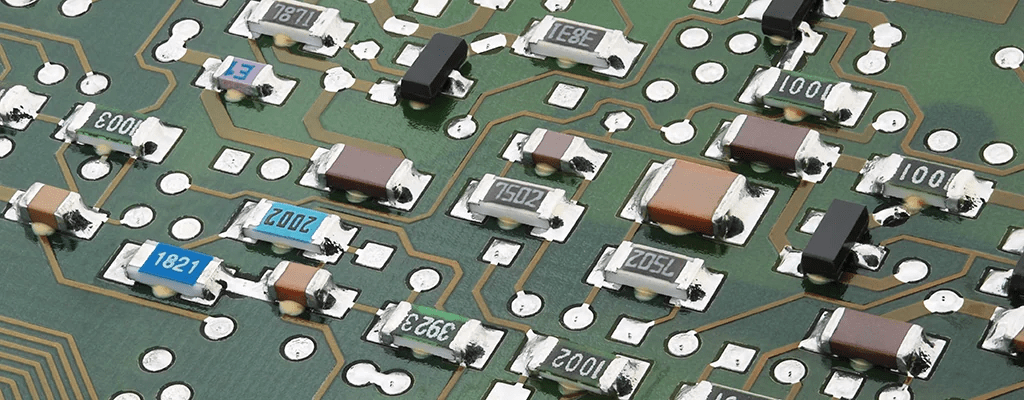
A resistor, also known as a resistor, is an electronic component used to limit the flow of electrical current. The basic principle is to use the resistive properties of materials to convert electrical energy into heat or other forms of energy. The characteristics of a resistor can be described by Ohm's law, which states that the resistance value is directly proportional to voltage and current, and inversely proportional to the length and cross-sectional area of the resistive material.
What can resistors do in smart homes?
In smart homes, various devices such as sensors, LED lights, relays, etc. require resistors to control the flow of current. By setting appropriate resistance values in the circuit, you can prevent excessive current from causing damage to the device. Resistors can be used to regulate voltage in a circuit. In a smart home, different devices require different voltages to work. By using resistors, the voltage in a circuit can be adjusted to suit the needs of different devices. Resistors play an important role in signal processing. For example, in a temperature sensor, the resistance value changes as the temperature changes. By measuring the change in resistance value, the temperature can be determined, thereby achieving intelligent control of temperature. Another important role of resistors is to extend the life of the device. In smart homes, many devices such as LED lights, sensors, etc. have a certain lifespan. By setting the resistance value appropriately, the size of the current can be controlled, thereby extending the life of the device.
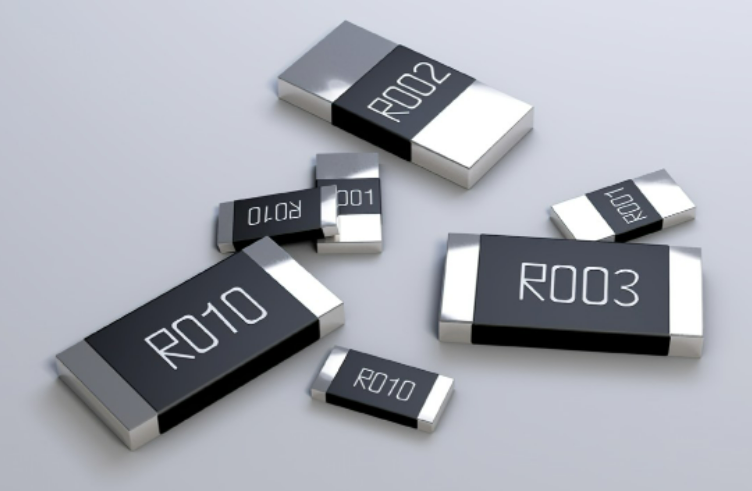
How many types of resistors can be divided into?
Fixed resistor: A fixed resistor is a resistor with a fixed resistance, usually used for voltage division and current limiting in circuits. In smart homes, fixed resistors are widely used in various devices, such as power supply circuits, signal processing circuits, etc.
Variable resistor: A variable resistor is a resistor whose resistance can be changed. It is usually used to adjust voltage, current and other parameters in a circuit. In smart homes, variable resistors are often used to adjust the voltage and current of devices, such as adjusting the brightness of LED lights and adjusting the sensitivity of sensors.
Sensitive resistor: A sensitive resistor is a resistor whose resistance changes with changes in certain physical quantities, such as thermistor, photoresistor, etc. In smart homes, sensitive resistors are often used in various sensors to measure physical quantities such as temperature and light to achieve intelligent control.
Thin film resistor: Thin film resistor is a resistor manufactured using thin film technology, which has the advantages of high precision and good stability. In smart homes, thin film resistors are often used in high-precision measurement and control circuits, such as temperature sensors, pressure sensors, etc.
Thick film resistor: Thick film resistor is a resistor manufactured using thick film technology and has the characteristics of high precision, high stability and low temperature coefficient. In smart homes, thick film resistors are often used in high-precision measurement and control circuits, such as electronic scales, pressure sensors, etc.
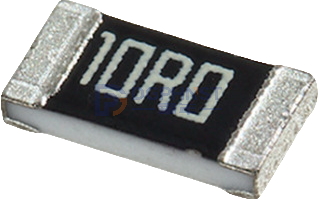
$0.051116
CH2512FB2000G
High Power Thick Film Chip Resistor ,2512 ,200R ,±1% ,2W ,LIZ-CH
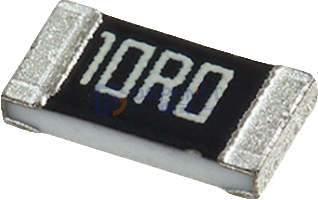
$0.051116
CH2512FB40R2G
High Power Thick Film Chip Resistor ,2512 ,40.2R ,±1% ,2W ,LIZ-CH
Which smart homes use resistors?
Air conditioner: As one of the commonly used electrical appliances in the home, air conditioner's stability and reliability are very important to users. The use of Vishay anti-sulfide resistors can reduce sulfide corrosion in air conditioning equipment, improve the reliability and stability of air conditioners, and extend the service life.
Refrigerator: As an important equipment for storing food, the reliability of the refrigerator is particularly important. The use of Vishay anti-sulfide resistors can resist the erosion of sulfides, protect the electronic equipment of the refrigerator, improve the reliability and stability of the refrigerator, and ensure the safety and storage time of food.
Washing Machine: Washing machine plays an important role in the home, so its reliability and stability are also important. Vishay anti-sulfide resistors can protect the electronic equipment of the washing machine from sulfide corrosion, improve the performance and stability of the washing machine, and extend the service life.
Television: Television is one of the important devices for home entertainment and relaxation, and users have high requirements for its reliability and stability. Vishay anti-sulfide resistors can reduce sulfide corrosion, improve the reliability and stability of TVs, and ensure that users enjoy a high-quality visual experience.
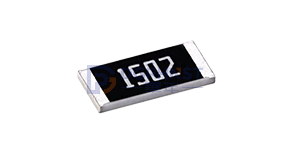
$0.006092
RC0805F81004G
High Voltage Think Film Chip Resistor ,0805 ,1M ,±1% ,1/8W ,400V ,LIZ-RC
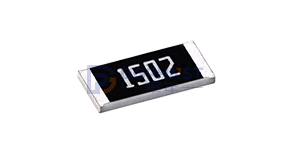
$0.02376
RC1210J30515G
High Voltage Think Film Chip Resistor ,1210 ,5.1M ,±5% ,1/2W ,500V,LIZ-RC
Although resistors are not conspicuous in smart homes, whether they are protecting equipment, regulating voltage, processing signals, or extending equipment life, they are inseparable from the support and assistance of resistors. With the continuous advancement of science and technology and the expansion of application fields, it is believed that the application of resistors in smart homes will be more extensive and abundant in the future.
